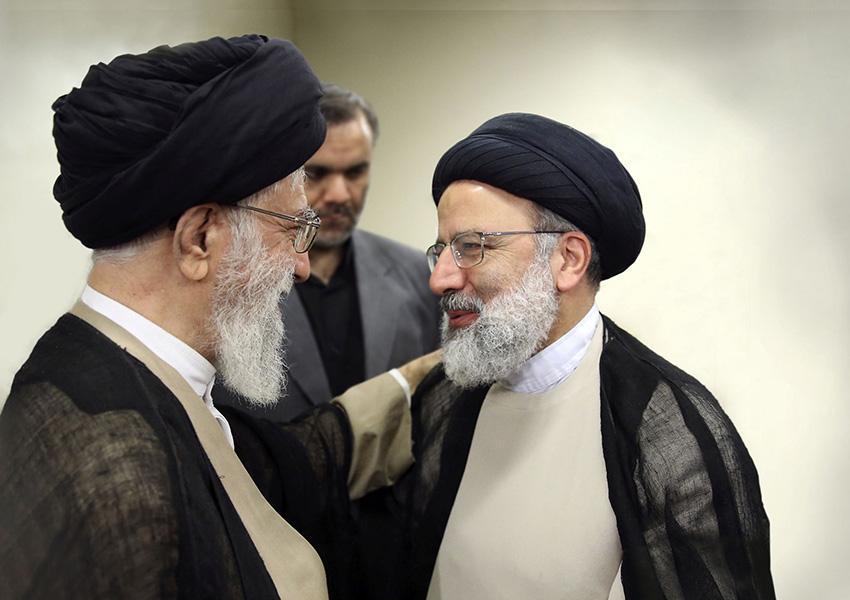
Leaked Letter Orders Iran Internet Crackdown To Stop Election Protests
A letter classified as top secret that has reached a London-based Iranian-British internet researcher, Nariman Gharib, shows that the Iranian judiciary intends to restrict social-media access to election material including calls to boycott the June presidential vote. Chief Justice Ebrahim Raeesi is himself a leading candidate in the election, and might benefit from the move.
The letter, signed by Javad Javidnia deputy head of the justice department in Tehran province and dated May 15, asked managers of major telecommunication and cellular companies to carry out as quickly as possible “orders issued to filter cyberspace, including Instagram, Google Play, Virtual Private Networks (VPNs) and internet circumvention tools.” VPNs and other anti-filtering tools circumvent filtering.
The Islamic Revolution Guard Corps (IRGC) and its commanders have been assigned to make sure these orders are carried out within a week. The letter mentions commander-in-chief Hossein Salami, head of IRGC Intelligence Hossein Ta’eb, IRGC commander in Tehran Hossein Nejat, and others.
One hour after the publication of the news, Judiciary's press office in a statement disowned the letter, saying Javidnia was not authorized to issue such an order and he is being investigated. In fact, the Judiciary confirmed the letter's authenticity but tried to distance top leadership from the incident. It is hard to imagine that a deputy at provincial level would had taken it upon himself to issue such an order, even instructing the IRGC to guarantee its implementation.
The letter threatened to disband companies that do not abide by the order and prosecute their managers. It also says government contractual relations would be severed.
Iran has been blocking thousands of internet sites and apps for nearly two decades, with Facebook and You Tube inaccessible. But almost every citizen has to use a VPN and other tools to circumvent the restrictions and gain access to news, political and other websites.
Instagram has so far has remained easily accessible despite repeated demands by clerics and hardliners to block it. Ali Rabiei, the government spokesman, wrote in Iran newspaper that of 400,000 Iran-based Instagram pages, 29 percent were owned by businesses and retailers, contributing to the income of around 1 million Iranians who would otherwise be in “unemployment and poverty.”
Instagram has somehow avoided the draconian measures and so far has remained accessible despite repeated demands by clerics and hardliners, but this time it seems the hardliner Judiciary is more serious to implement it. This would present a substantial electoral advantage to Raeesi.
The letter, which clearly reflects concern over anti-regime protests during the election period, says “News received and the battle formation of the enemy in cyberspace has increased serious security risks, such as unrest, chaos to a worrying degree.”
Also, numerous cases have been cited in the letter as "proof of criminal activity in Instagram, Google Play, VPNs and anti-filtering software," which demonstrate the fear of political activity against the regime. Concerns include "boycotting and sabotaging elections, [encouraging] low participation [in the poll]" and "encouraging and inviting people to boycott the elections through publishing content that are false or paint a dark image [of the situation in the country].
In the letter, the Judiciary has clearly shown that it is extremely worried about possible protests. It expresses concern about "encouragement and invitation" to what it calls "illegal rallies".
"Insulting" the founder of the Islamic Republic, Ayatollah Ruhollah Khomeini and Supreme Leader Ali Khamenei as well as "espionage", "propaganda against the system" and "insults against sanctities" have also been listed as crimes in the cyberspace.
Other reasons such as "immoral content" and "forgery and human trafficking" have also been listed as reasons to justify filtering.








